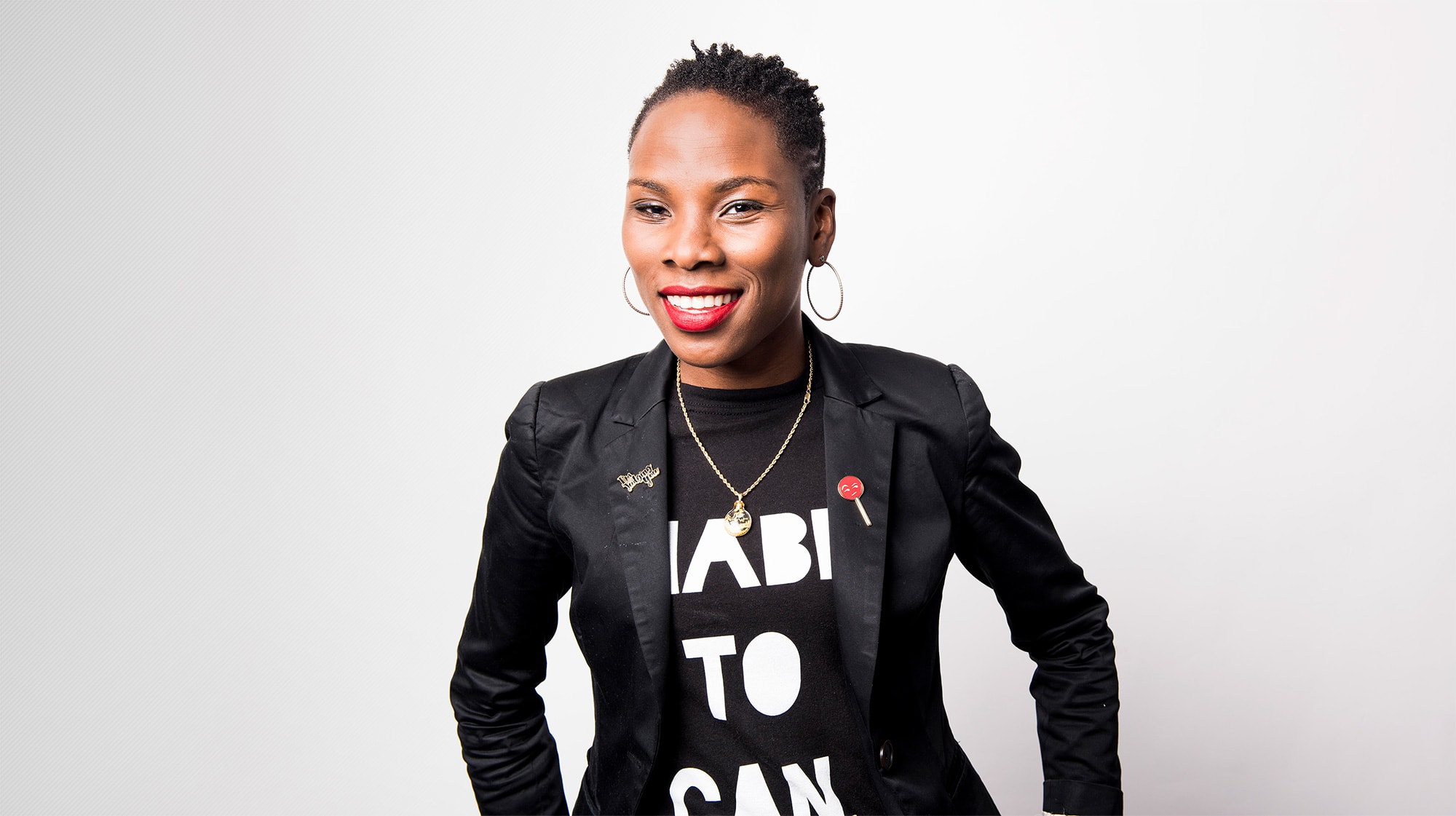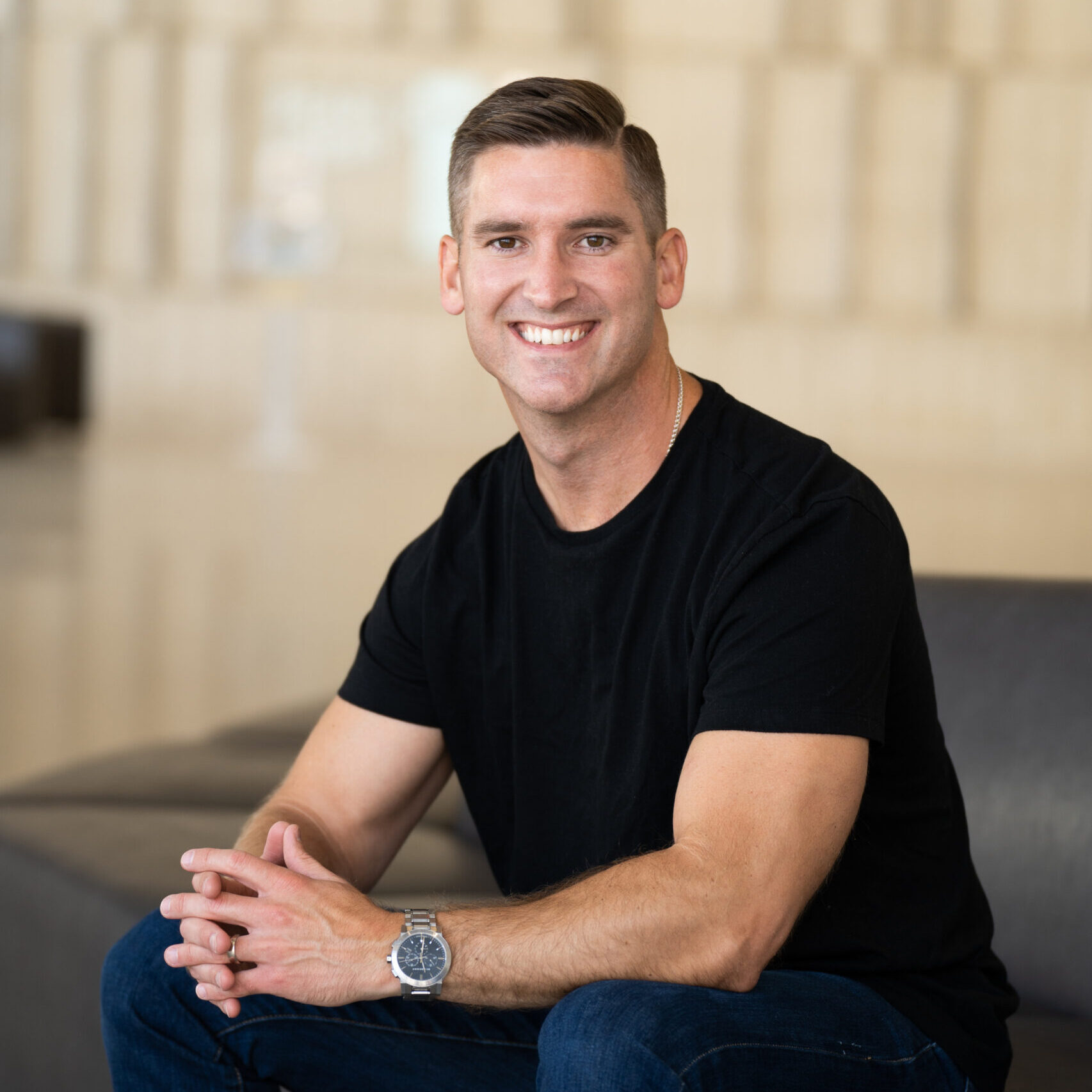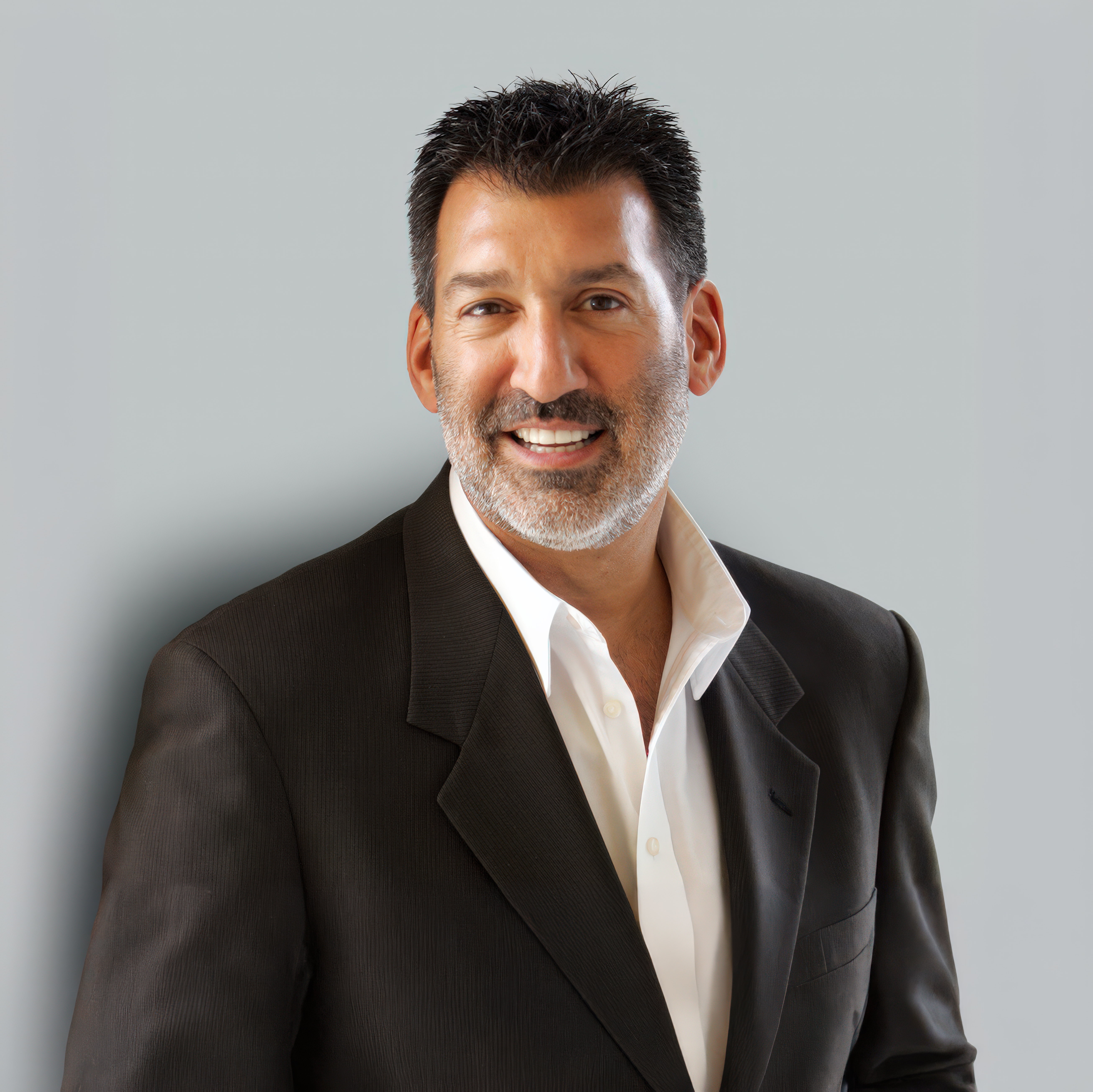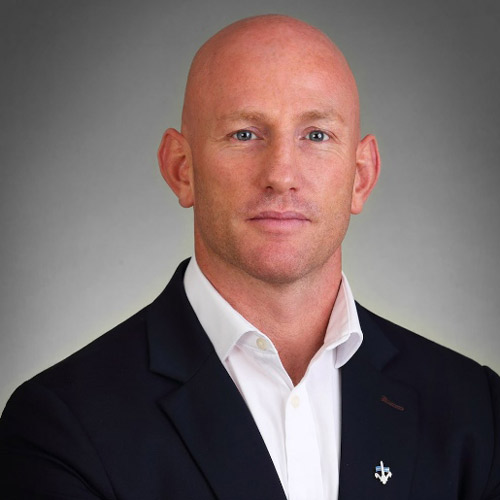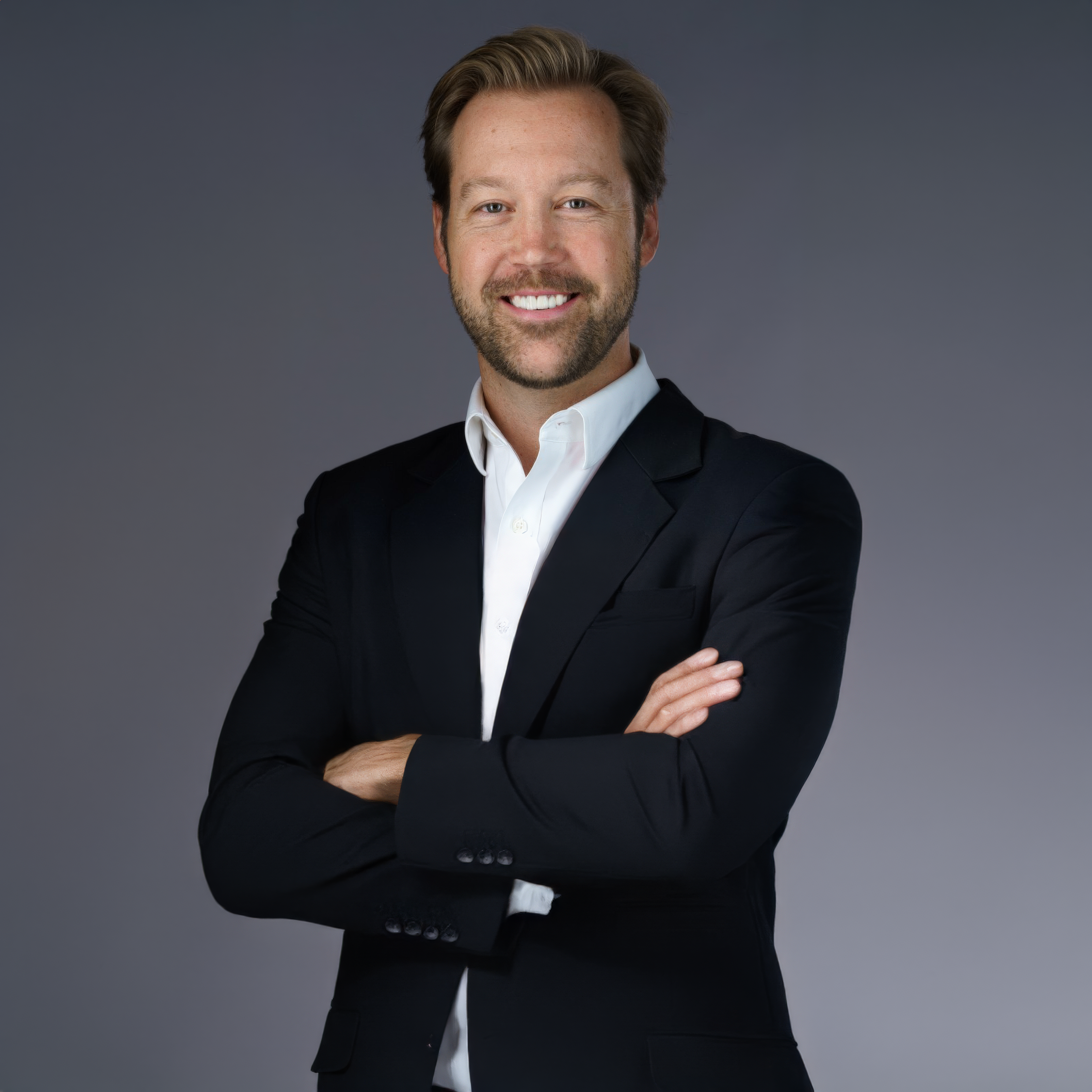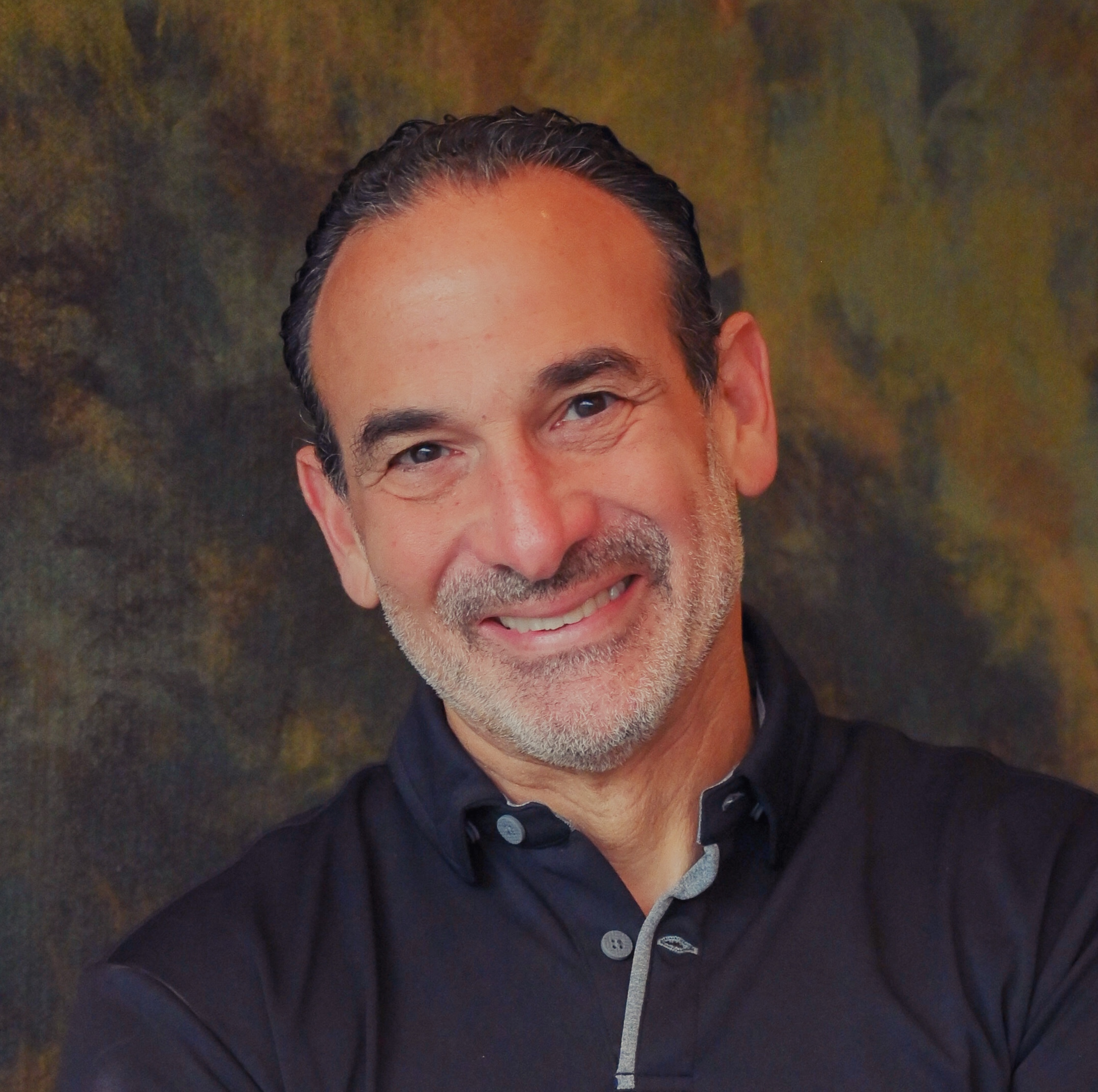Hey brand builder Rory Vaden here. Thank you so much for tuning in to listen to this interview. We are so excited to bring you this information and wanted to let you know that, Hey, there’s no sales pitch coming. From anything that we do with this is all our value add to you and the community. However, if you are somebody who is looking for specific strategies on how to build and monetize your personal brand, we would love to talk to you and we offer a free call to everyone that’s interested in getting to know us and is willing to give us a chance to get to know them and share a little bit about what we do. So if you’re interested in taking us up on a free strategy call, you can do that at brand builders, group.com/summit. Call brand builders, group.com/summit. Call. Hope to talk to you soon on with the show.
I love Luvvie Ajayi and you are, this is the second time we’ve had her back on the show.
You left the Jones out Rory!
That’s right. You’re Jones now, too. I can’t believe that I should have said that. Lovey Ajayi Jones. Now she’s a married woman. Yeah, coolest wedding ever, by the way. Pictures on social were awesome. But so Luvvie is a friend she’s a New York times bestselling author. Her first book was called I’m Judging You the Do Better Manual. She has a viral Ted talk that has I think like 5 million, more, more views than mine, which makes me also a little bit jealous.
5.6 million. I just checked today.
She is, co-authoring a book an anthology with Bernay Brown, which is pretty awesome and a whole bunch of awesome people. She has hundreds of thousands of people following her on social and through her blog. She’s, she’s been you know, one of the OG bloggers for like 15 years, she hosts a a fantastic podcast.
And the reason that we’re talking to her now is she has a new book out called professional troublemaker, the fear fighter manual, which is all about overcoming fear and living audaciously. And so when lovey was here, the first time we talked more about like the technical parts of how she built her audience over years I don’t know what episode number that is, but we’ll put a link to it in the show notes back to that first episode, but we didn’t really talk about, which is what we’re going to talk about today is the emotional side and, and the kind of like mental side of putting yourself out there and overcoming fear when it comes to building your personal brand. So anyways, Luvvie Ajayi Jones, welcome to the stage.
Thank you so much for having me back.
Yeah. Well, all right. So let’s talk about fight and fear, the fear fighter. And I have to say one of the things there’s so many things I love about you, that I admire about you. There’s a thing specifically that I think you have, like one of the things that you have that I think I wish I had more of was boldness. I think that that’s, that’s held me back in terms of, you know, my ability to grow on social to not be as pointy and sharp as I probably could. And, and I think part of the reason why is because I am scared of being judged, right? Like I am scared of what people will think and et cetera. And anyways, I think that anyone building a personal brand has some of that, except you don’t seem to, you just like, have such so much confidence and boldness, like, how do you do that? Where does that come from? Like, were you born with it? Or can I learn it?
I think it can be learned, but I think I was born with some of it. Some of it, I think the boldness of it all that I show up as, like I say, what other people are thinking, but they’re not to say, it’s not that I’m not afraid of being judged is that I realized that being judged is not the worst case scenario. It’s one of those things that is a foregone conclusion. If you aren’t going to be somebody of notes and create, and be somebody of impact, you will either repel people or also loved them like, or, or, or be loved deeply by them. There’s no middle ground to be able to be loved deeply by people means your whole character, how you will show up will also repel some people. Some people will judge you for it. Some people will not connect with you.
And that’s fine. I always think about the people who am deeply loved by the people who, when I write, when I speak, say you just took the thoughts up my head, put it on paper, thoughts. I didn’t even realize I had now. I think a lot of us have the tendency to swallow away what we want to do and how we want to show up because of that fear of judgment. We’re afraid of somebody not liking us or, Oh my gosh, I’m afraid of how somebody else is going to take this thing. And I think for me, growing up, I come from a family and a culture Nigerians are culturally loud and really just boisterous.
I was gonna say, when I introduced you, I was like, you’re my favorite Nigerian friend. But then I was like, unfortunately, I don’t, you might be my only Nigerian friend, And I was like, well, that sucks. That’s not good for you or for me. But anyways, I think you’ve, you definitely hold that title, but I need some more Nigerian friends. But anyways, you are my, you are my favorite.
I’m just the gateway Nigerian for you. Don’t worry.
I’m the gateway. Nigeria, you will find other Nigerians through me. But I think we’re very boisterous as a culture, like growing up, who I was, was never told to be less. I was given permission to be bold. I was a four year four, or five-year-old who, when I got in trouble, I would challenge my mother about it. I’d be like, I don’t think it was fair. I here’s the part that I think was not fair to me. And even though I’m sure I got on her nerves, she never did
I’m not going to let Jasper listen to this episode. Just so you know,
Jasper, let him have it. Let him have it.
He’s not gonna listen to this one.
I used to literally be like, mom, I’ll accept the punishment. I’ll take it. Whatever the punishment was. And then after the fact, I circle back with a note telling her my perspective, telling her why I didn’t think it was fair telling her why I think I was wrong. Okay. And it’s funny, like she never told me not to be that person. So I grew up not doubting that person that I was, I grew up not doubting my voice. And I think the power of that is that the boldness became less of a, I have to push myself to be this. It became my default. And one of the things that we can learn in being more bold is being pragmatic about the, our purpose and our I in, in what we’re doing in this world is you, you create a whole business on helping people solve a problem.
And you, one of the things that you pointed out that I do is I help solve the problem of powerlessness and the way I do it is through my boldness. I show up in a certain way and people get to see and say, if she can do it, maybe I can do something close too. Maybe I can also be myself. So in learning, the boldness honestly comes in just watching other people do it. Rory, like you were on, you were on a thing with the cohort that I had, where we talked about brand building and the last five minutes of you being on. I told my team afterwards, I was like, we have to put this as an episode of the podcast, because in that moment, it’s like, you borrowed boldness from me. How you actually showed up that day was way more bold than I’ve actually typically seen you.
And what that lets me know is, I guess we can borrow other people’s traits or the people that were around will infuse certain things into us, which lets me know that we can actually do it even when they’re not there. So like you came and gave such, it was so pointed. You’re typically very pointed, but on that day, your energy was different. It was so like strong. And so I’m just going to say this thing because I need you guys to understand why it’s important for you to stand in your purpose and you came with full fire and I’m just like, Rory’s typically very chill, very like, Hey, but you came with fire and I was like, okay, it can be done. And you do do it. It just shows up differently.
Yeah. I mean that, that really is true. I mean, I do feel like it is it is contagious and you, when you see someone else doing it, I mean, now let me just ask you this. Like, I’ve just been curious about asking you this and you don’t have to answer if we, if we, if we tread into water that you don’t feel comfortable about, but you are very outspoken about personal beliefs. You know, like you’ve got this X, you got expertise around helping people live audaciously and chase down fear. You also share a good bit of your political viewpoints and whatever socioeconomic or whatever you want to call it. Cultural, cultural beliefs. Do you, do you wrestle with the idea, first of all, I’m curious, do you actually wrestle and go, do you ever wonder, should I post this or does that, do you not even have that filter? Do you just go, Oh hell no. If I’m thinking it it’s coming out and if you do have a filter, how do you kind of determine what passes through the filter of going, like, does this serve my audience somehow? Does it, does it align with my business goals? Or like just how like, yeah. So is there a, is there a filter? And if there is tell us like what, what that is?
Yes. I have been blogging for 18 years at this point, half of my life. Wow. I started blogging in 2003. And when I started, there was no strategy behind it, but I think as I got bigger, as I finally called myself a writer, as my platform got bigger, I started understanding what was happening was kind of like the unfolding of purpose. And as my platform got bigger, I didn’t change my voice. What I did change, what changed was my level of responsibility in how I was showing up, like, right. Like when I had 300 followers, I could say whatever I wanted into the ether, it didn’t matter today. I can’t say whatever I want. Right. I, it has to be, it has to be way more thoughtful. So I do absolutely have a filter in how I say something. What I jump into as a cultural critic, as a side-eye source risk as a writer is shady Nigerian.
I think having the filter is good. Like it’s really good. You have to have a way to figure out when you’re not gonna just be impulsive and saying something just to say something I want to always make sure I’m not just speaking because I want my voice heard because I just feel like talking. So that’s why I have three questions that I ask myself whenever I want to say something. Especially when it feels like I’m going into territory, that could be contentious. And the first question is, do I mean it, like, am I actually saying this thing? Cause this is my belief. So too, can I defend it? If I am challenged on it? Can I actually back it up? Can I stand in it? Cause here’s the thing is the judge will be judged and then three, can I say thoughtfully?
So all of these are important because if I say yes to all three, I decided to say it, the third question of, can I say thoughtfully is really important because then it’s what makes it come out more thoughtful. It’s what makes it come out without, with as little as possible hate. Right? And I, and I, and I hope I never operate with hate, but I always try to figure out what is the way to say this that will land the best, or do I think it’s going to land the best now with my three filters, these three questions quantifying my decisions. It’s not with the guarantee that whatever I say will be like, well received. It’s just a risk mitigator. It is just a way for me to create some criteria to at least anything that doesn’t pass. I don’t say it out loud. If, if it’s not passing the three questions, I’m not saying it, but then if it does pass and I say it here’s the thing.
It can still go weird where somebody is like, Oh, I don’t like this thing you said, or, Oh my gosh, this is what I took away from it. And I think those are the moments where we have to understand that we are not here to appease everybody. It’s not our responsibility to make everybody comfortable or to make everybody feel good, because we were really nice that day. I think our responsibility is to do what we were put here for. And a lot of times that thing is going to run a foul of somebody because if it is purpose-driven, it’s pretty strong in some way, you know, they’re going to be people who are going to be like, I just don’t like what she just said, just because it’s Monday or Tuesday. But I think once my filter runs through, I go, that’s my obligation. My obligation is to myself, have I done my own job of making sure I’m showed up as best as possible if I have. Hey,
And so then how do you balance this? Right? The, so on the, on the one end, it’s like you’re unapologetic, you’re bold, you’re audacious. But then even, even you, you’re saying there is a level of discernment or filtering or you know, might even use the word diluted or like the, that you’re, you’re tempering, you’re tempering it, you’re tempering it some, some somehow. And you know, I guess I’m just trying to, I, I, I’m asking because I’m genuinely interested for me. Like sometimes I feel like I’m too tempered. Like I’m too safe. I’m too, I’m too comfortable. I’m too afraid to like stir up whatever. But then I think, you know, I also see much the danger and the risk of like, ah, yeah, go on too far or whatever. And, and so I, what I hear you saying is that basically, it’s just, you got to just stay centered in your purpose, what you believe that you were put here to say, and then just say that as cleanly and loudly as you can,
That’s it that’s really it. And honestly, it’s not even a case of temporary or sensory myself. It’s that the sermon is actually the right word for it. That is the right word for it. Getting the spirit of discernment because you know, when you’re young and you decide, Oh, I’m just going to just keep it real. Yeah. You’re probably going to be saying a lot of thoughtless things, but I think the older you grow, like again, the bigger the platform gets, you also have to wheel this power responsibility, like responsibility. So I, people who know me in real life and who like have known me since high school, we’ll read a piece I wrote and say, this sounds just like you still. So I always want to make sure that I am present in whatever I put forward. That even in my, as the a platform is getting bigger, nobody can say that doesn’t sound like lovey.
No, no, it’s always going to be me. I’m just being smarter about it. And that doesn’t mean I’m not cussing. That doesn’t mean I’m not showing any anger or strong opinions. I’m sure I’m still doing all of that. But I think I am a better thinker and a better writer and a better leader now than for sure, 10 years ago. And it’s not because I was censoring myself. It’s because this sermon, like the spirit of discernment is even better. I’m sharper about it. And I want you to not think too hard about going the other way. Like I see how you move, Roy, you straight you straight. Like you keep it nice and cool. But I think giving yourself permission to say what you truly believe is necessary, it’s necessary because you also have so many people who are watching you, who are listening to you and how you show up as amazing your words matter in a big way. So if I was to ever see you say something strong, I’ll know you actually meant it. And it would make me pay attention even more. I’d be like, wait a minute. Rory’s out here using caps. What?
Yeah. Well, it’s funny. Cause I saw you, you know, I made a post about my dad on his birthday about this story, about how I found my dad. And I noticed that you left a comment and a lot of people did it, and that was a very emotional, just like a very, a very real thing. So I, so let me ask you this. What are you afraid of right now? Or are you afraid like, like what’s going on right now that you are scared of?
You know, I have a fear of success.
We talked about fear of failure all the time. I think fear of success is just as real. And it’s part of the reason why I self-sabotage sometimes by procrastinating, I figured that out in therapy when my therapist was like, you’re PR, cause it was last year actually, when I was on the hook for finishing my book and I’d go into sessions and she blocked, so where are you with it? How’s it going? I’ll be like, yeah, about that. I didn’t really write anything this week. And one session she asked me, she was like, so why do you think you didn’t write anything this weekend? I was like, I don’t know. I didn’t have time. I was just sitting on the couch and she was like, could this be a form of self-sabotage? And I was like, what do you mean? She was like, what are you afraid of with this book that is making you stall on it? And I think I was afraid of like, what if the book did what I think it will do? Like what if it does somehow help a billion people conquer fear? Like how does that change my life? Do I, how does that level up change? What I what’s around me? Yeah. Fear of fear of success is real.
And so you’re saying that, you know, let’s, let’s say the book sells a million copies that forces you to live a different in a different way because your life at that level looks different than the way it does now. And that is, that is uncertain and that escape, it was scary.
Yeah. I have to hire more people and get it’s just, it’s like, are we, it’s the fear of like, am I equipped for the next level? Yeah.
And so how do you overcome that? Then?
When I say it out loud as a starting point, acknowledge it. I talked to people like you who know what level of look like I basically say and ground myself with some affirmations, that’s like, whatever you need, you got it. And I just ride the wave and I try to figure out the moments when I’m self-sabotaging, when I’m trying to pull myself back I talked to friends and yeah, I do all of that. It’s a, it’s a constant ritual of like, you got this, you got this. If you do have to hire more people, you got this, like, it’ll be fine. And again, like talking to and having, you know, a lot of friends who are really successful also trade war stories and say, Oh, I’ve been there. And because a lot of people who have come before us have already done this, they basically give you the map on how to navigate it. So I’m definitely leaning into my community. And my friends to just tell me what I need to do to get ready for a massive book coming out. Like you’ve been in the immense help. I’ve been talking to Glenn and Doyle, you know, talk to chase Jarvis and it’s just, just getting ready.
Well, I think so who did you write this book for? Okay. So taking it specifically back back to this book and you go, you know, the book’s called professional trouble troublemaker again, but the fear fighter manuals, the subtitle, which I just love. How, like, who is it targeted at? Who’s it, who’s it aimed at?
I wrote this book for me. I feel like this book was, was was something that I created for me because I like to create work that I need, you know, when I was afraid to call myself.
Yeah. See, like, I don’t think of you as being scared. So this is just the person you once were.
This is the person that I once where was, is can sometimes lean into some times. Like, I think, you know, we don’t just become bolded state both 24 seven. Right. We will have moments where we’ll go. Hmm. Should I think that big? Or should I actually say that thing? You will still have your moments of fear here. And their fear is not always about the big time. I think even in the small moments where you are afraid to say something that might feel scary. And I think I honestly wrote this book for me because I think about how 10 years ago, I was afraid to call myself a writer. I think about, you know, turning down my Ted talk twice because I didn’t think I was ready for it. I think about shoot now being afraid of what the level up looks like. You know, it’s a constant reminder.
And I think the best things that we do is when we create something that we need when we fill our own need. Because when we do that, we fill somebody else’s need. And I think for me, this is a book that I wish I had even last year when the pandemic happened and I’m sitting in my house like, Oh my gosh, what’s, what’s the world gonna look like? And I remember feeling convicted to be like finished this book because this book is what you need right now. So I think about people like me, like whether or not you’re bold or not, you know, people who have big dreams and who want to create impact in the world whose lives like their ideal lives, aren’t going to call for them to do or think bigger than they’re currently doing and who are going to need to be loaned courage from time to time.
So that’s why I really wrote this book for it. It’s the dreamers or the people who are still afraid to become the dreamers, the very pragmatic foot on the ground. Folks who were just like, you know what, I’m just going to do this one thing that feels easy, do it just really well. But what happens when people are given permission? Not just told they can be bold, not just told they can dream audaciously or speak the truth, but like told I need you to, I need you to speak the, I need you to dream audaciously. I need you to get a Nigerian friend. Okay. I need you to build the squad. You know? So I want my book to be permissioned for people. The permission they might not ever be given to be themselves to be too much, you know, to be too soft, if that’s who they are to be too hard, if that’s who they are. So it’s the permission.
And, and what about like lightened? You really like, do you, are you afraid of offending people?
Sometimes. Sometimes. And yeah, like there’s a, there’s a whole chapter in my book called failed loudly where I talk about my biggest public fail in how it knocked me off my square for a year, because something, I said offended thousands of people and how I recovered from it. But I realized that, and it actually also taught me the lesson of, it’s less about what you say and it’s more about people also projecting themselves onto you and it’s something you can’t control. That’s the part that’s frustrating, right? That’s the part that scares people. It’s like, how do I control it? How do I make sure nobody ever gets mad at me? And I was like, you can’t, you can say the sky is blue. And somebody, somebody somewhere would disagree and say, I’m offended. That’s actually red. And that’s why we cannot be tied strictly to the landing of everything that we say.
We can’t be tied strictly to other people’s thoughts and ideas of us, because it will move us away from our purpose. It’s why you have to know what your compass is. You gotta know what your center is and stand in it because people will want to move you off it. And it’s going to be up to you to kind of drill in and say, okay, I am growing as a person, but this is what I’m supposed to be doing. Like I’m supposed to becoming to help people think critically, I’m supposed to help people feel joy. And I’m supposed to basically compel them to leave the world better than they found it. And in that whole purpose driven life, I will be the villain. In some people’s stories. I will burn some bridges, but if at the end of it all, I actually left this world better than I found it. If I actually stood in my purpose and help people feel more powerful. If somebody somewhere can say, I heard you speak, or I read your book and it changed my life, then I’ve done my job.
I love it. I love it. Loving where she wants people to go. If they want to learn about professional troublemaker and learn about you and more like more of what you’re up to,
Yes, people can go to professional troublemaker, book.com. Pre-Order the book come to my book tour. I’m in conversation with seven people who I think are also living purpose driven lives that are huge and audacious and they can find me all over social media. I am at lovey L U V V I E one word on all platforms. Okay. I got the one screen name.
Okay. The Oprah level, you got lovey lovey.
That’s all you need to know. BBI
E is Luvvie. And I, you know, I really think that that’s interesting, you know, this term earlier that you can, that you loan people courage. And I think that’s what this book does. And I think that’s what you do. And you know, to that point of that last conversation where you had me in front of your audience is that you do give permission to people. And, and I think it is contagious and it’s like you loan you loan people courage. So if you’re listening and you don’t have courage and you need to borrow some courage, get some of Luvvie in a professional troublemaker, the fear fighter manual. Thank you for giving us permission to be more bold and to to be more courageous, lovey it’s, it’s really, it’s really fun and inspiring to watch.
Thank you so much for always sharing space with me, Roy, like you you’ve changed the game a little bit from you, Rory, you chase, the guy said something the other day. And I was like, that feels like a Rory fading quote. I was like, that sounds very Rory Vaden. I like it. Let’s keep it like,
That’s good. I love it. Well, we wish you the best, my friend. And we’ll look forward to staying tuned. Yes, indeed.

